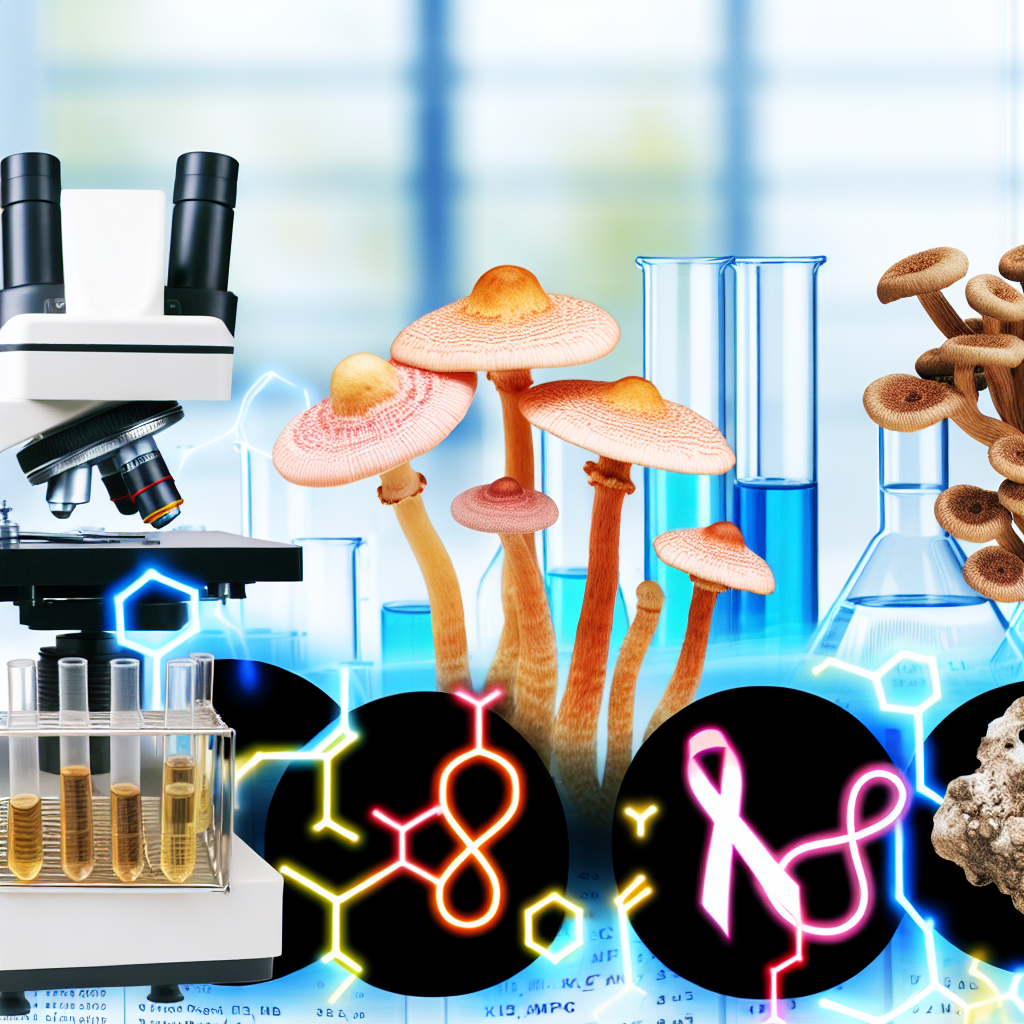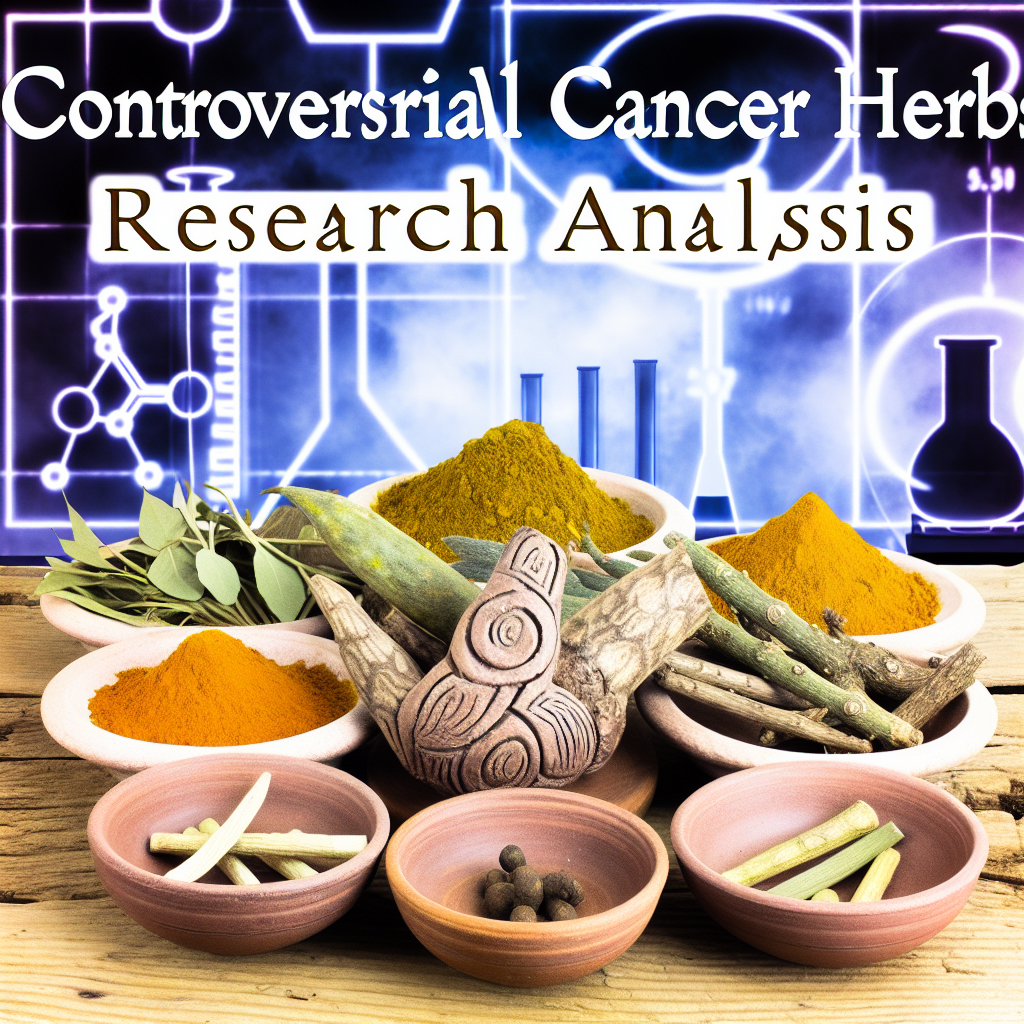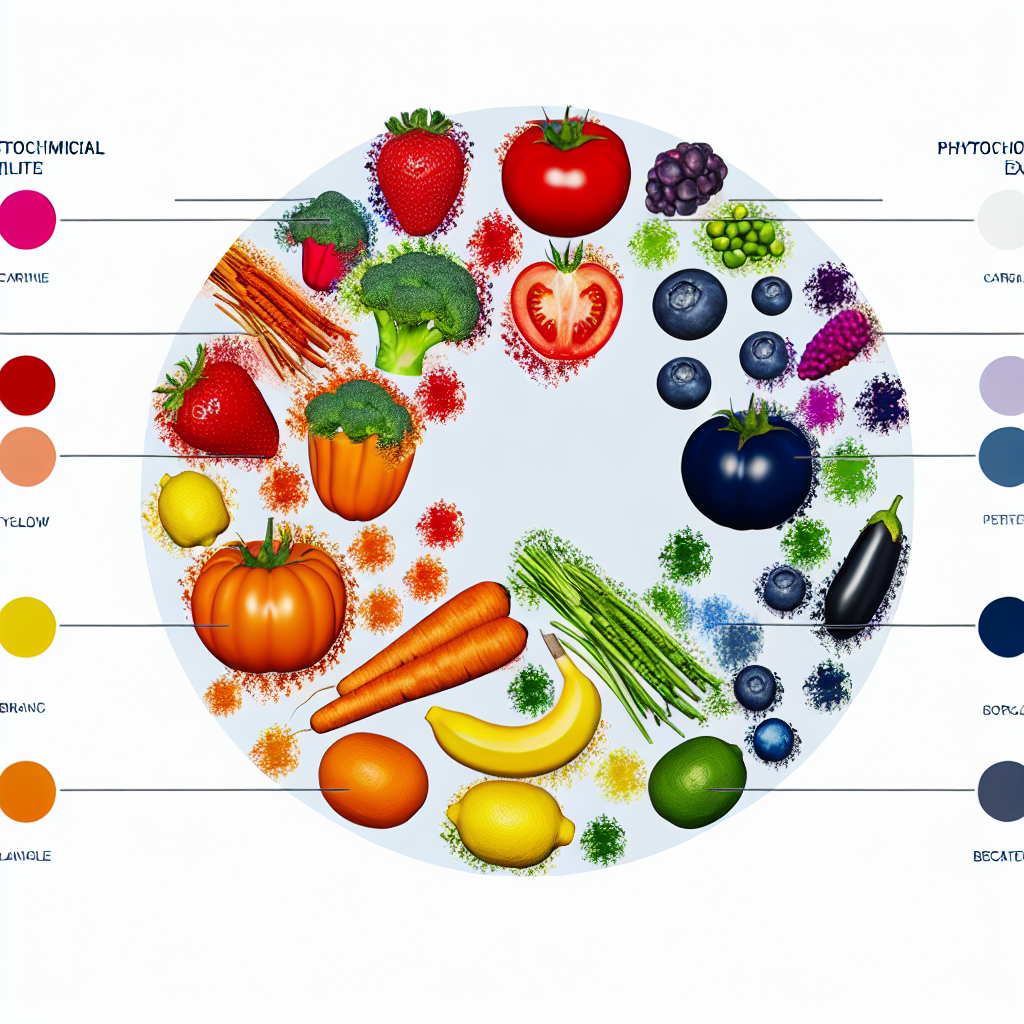Medicinal Mushroom Research: Cancer Studies
Introduction
Medicinal mushrooms have long been revered in traditional medicine for their powerful healing properties. Used for centuries in Asian medicinal practices, these fungi have gained global attention for their potential health benefits, particularly in cancer prevention and treatment. As modern science continues to explore natural remedies, various studies indicate that medicinal mushrooms may play a significant role in supporting immune function, reducing inflammation, and combating cancerous growths.
Cancer remains one of the leading causes of mortality worldwide, and despite remarkable advances in medical treatments such as chemotherapy, radiation, and immunotherapy, researchers and patients alike are eager to find complementary strategies that enhance treatment outcomes and mitigate side effects. Medicinal mushrooms stand out due to their complex bioactive compounds, including beta-glucans, triterpenoids, and polysaccharides, which have been observed to contribute to anti-cancer effects in both laboratory and clinical studies.
Among the medicinal mushrooms most studied for their cancer-fighting properties are Reishi (Ganoderma lucidum), Turkey Tail (Trametes versicolor), Chaga (Inonotus obliquus), Shiitake (Lentinula edodes), and Maitake (Grifola frondosa). These mushrooms contain natural compounds that have been found to improve immune system function, stimulate apoptosis (programmed cell death), and inhibit tumor growth.
The growing interest in medicinal mushrooms has led to an increase in scientific research aimed at verifying their efficacy. Various in vitro studies, animal research, and human clinical trials suggest that certain mushroom extracts may reduce the progression of cancer while also improving patients’ overall well-being. These findings have sparked excitement in the medical community, leading to further exploration of how they can be integrated into conventional cancer therapy.
This article delves into the most promising medicinal mushroom research related to cancer studies, offering an in-depth look at the science behind these natural treatments. By understanding the latest medical findings, individuals concerned about natural cancer prevention and holistic treatment options can make informed decisions about incorporating medicinal mushrooms into their health regimen.
How Medicinal Mushrooms May Fight Cancer
Scientific studies have highlighted several ways medicinal mushrooms may contribute to cancer treatment and prevention. Below, we explore research findings that reinforce their potential therapeutic value.
Reishi (Ganoderma lucidum): The Immune-Boosting Powerhouse
Reishi mushrooms have gained recognition for their powerful immunomodulatory and anti-cancer properties. A study published in Cancers (Basel) found that bioactive compounds in Reishi, particularly triterpenoids and polysaccharides, exhibit strong anti-tumor properties by enhancing immune responses and inducing apoptosis in cancer cells ([source]).
Additionally, Reishi has been shown to inhibit angiogenesis—the formation of new blood vessels that feed tumors—thereby slowing cancer progression. Clinical trials suggest that supplementing with Reishi may improve the quality of life in cancer patients by reducing fatigue, supporting immune function, and alleviating chemotherapy side effects.
Turkey Tail (Trametes versicolor): A Game-Changer in Cancer Therapy
Turkey Tail is widely recognized for its immune-boosting polysaccharide compounds, particularly polysaccharopeptides (PSK) and polysaccharide-K (Krestin). These compounds have been extensively studied for their contribution to cancer therapy. PSK has been approved as an adjunct to conventional cancer treatment in Japan for several decades.
A clinical study published in Global Advances in Health and Medicine found that Turkey Tail extract significantly improved immune cell function in breast cancer patients undergoing radiation therapy ([source]). PSK has also shown promising results in reducing tumor activity and increasing survival rates in colorectal and gastric cancer patients.
Chaga (Inonotus obliquus): A Natural Cancer Cell Fighter
Chaga mushrooms are rich in antioxidants and betulinic acid, compounds known for their cytotoxic effects on cancer cells. A study published in Biomedical Reports investigated the anti-cancer potential of Chaga extract and found that it effectively suppressed the growth of human lung, breast, and cervical cancer cells in vitro ([source]).
Additionally, Chaga’s high concentration of melanin has been associated with DNA-protective properties, which may help prevent cancer cell mutations. While additional clinical trials are necessary, early findings suggest that Chaga could be a promising natural supplement for cancer patients.
Shiitake (Lentinula edodes): Enhancing Immunity for Cancer Defense
Shiitake mushrooms contain lentinan, a highly potent polysaccharide that has been used as an immunotherapy agent in cancer treatment. Studies suggest that lentinan helps enhance immune system response by promoting the activity of natural killer cells, which play a crucial role in attacking cancer cells.
A study published in The Journal of Alternative and Complementary Medicine showed that individuals consuming Shiitake mushrooms experienced significant improvements in immune markers, highlighting their potential as a complementary treatment in cancer therapy ([source]).
Maitake (Grifola frondosa): A Potent Tumor Suppressant
Maitake mushrooms contain a bioactive compound known as D-fraction, which has demonstrated anti-cancer effects in both preclinical and clinical studies. D-fraction has been observed to inhibit tumor growth, enhance macrophage activity, and boost natural killer cell function.
A clinical study in Cancer, Immunology, Immunotherapy found that Maitake extract, when used in combination with chemotherapy, led to increased efficacy in battling breast, lung, and liver cancers ([source]). This suggests that Maitake could potentially strengthen the effects of conventional treatments while reducing their adverse effects.
Conclusion: The Future of Medicinal Mushrooms in Cancer Treatment
The growing body of research on medicinal mushrooms presents an exciting frontier in natural cancer treatment. While conventional therapies remain the gold standard in oncology, scientific studies indicate that medicinal mushrooms such as Reishi, Turkey Tail, Chaga, Shiitake, and Maitake may offer complementary benefits in improving immune function, reducing tumor progression, and minimizing treatment side effects.
As with any natural remedy, it is crucial for individuals to consult with healthcare professionals before incorporating medicinal mushrooms into their cancer treatment plan. While promising, more large-scale human clinical trials are needed to firmly establish the effectiveness of mushroom-based therapies.
Nonetheless, the evidence thus far suggests that medicinal mushrooms could play a valuable role in integrative cancer care. As the scientific community continues to explore their potential, patients and researchers alike remain hopeful that these natural fungi might offer a new dimension in cancer treatment and prevention.
Summary:
Medicinal mushrooms like Reishi, Turkey Tail, Chaga, Shiitake, and Maitake show promising anti-cancer properties through boosting immune function, reducing inflammation, and inhibiting tumor growth. While more research is needed, these natural remedies may provide complementary benefits to conventional cancer treatments. Consultation with healthcare professionals is advised before incorporating medicinal mushrooms into a cancer care plan.

Dominic E. is a passionate filmmaker navigating the exciting intersection of art and science. By day, he delves into the complexities of the human body as a full-time medical writer, meticulously translating intricate medical concepts into accessible and engaging narratives. By night, he explores the boundless realm of cinematic storytelling, crafting narratives that evoke emotion and challenge perspectives.
Film Student and Full-time Medical Writer for ContentVendor.com




